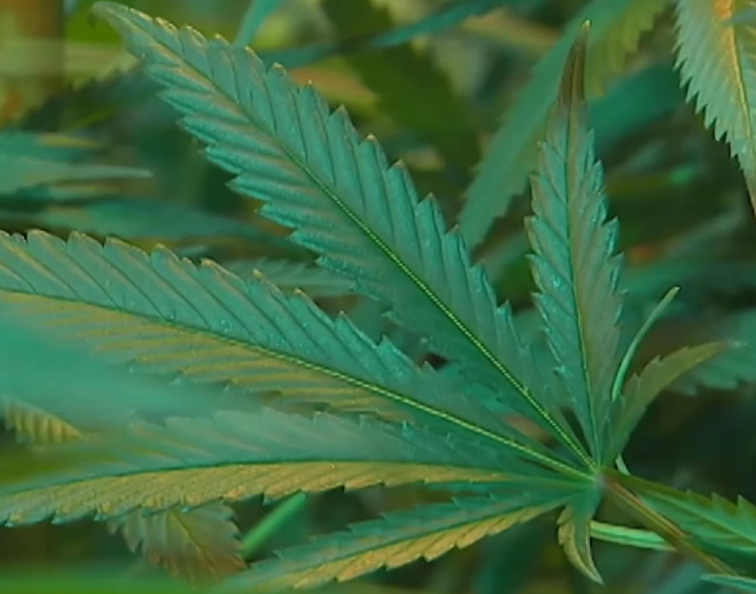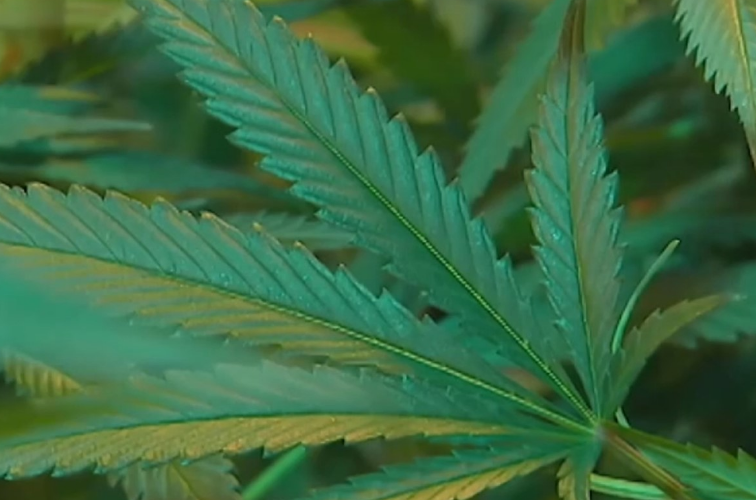A fresh push to legalise recreational marijuana is picking up speed in Pennsylvania. State Representative Amen Brown (D-Philadelphia) has officially filed a new bill in the House, closely mirroring a bipartisan Senate proposal announced just days earlier.
Brown’s legislation lands as lawmakers across party lines appear increasingly open to what he’s calling “an unprecedented economic opportunity”—a legal cannabis market for adult use that he claims could create jobs, support patients, and finally bring a semblance of consistency to Pennsylvania’s patchwork marijuana policies.
Timing Feels Different This Time Around
Support for legalising weed in Pennsylvania isn’t new. But this time? There’s a shift in tone—something that feels less symbolic and more actionable.
Brown’s bill arrives on the heels of a Senate proposal backed by both Republicans and Democrats, which has sparked cautious optimism among advocates. In the past, partisan gridlock doomed similar efforts. This year, there’s real movement.
“We’ve watched other states collect millions, even billions, from legal cannabis,” Brown said in a statement Monday. “Pennsylvania should not be left behind.”
The numbers are hard to ignore. Neighbouring states like New Jersey and New York have already launched recreational programs. Meanwhile, Pennsylvanians spend millions annually buying cannabis across state lines—without any of that tax revenue staying local.
And there’s this: polling from Franklin & Marshall College last year showed that roughly two-thirds of Pennsylvania voters now support full legalisation.

What’s in the Bill? Here’s the Breakdown
Brown’s bill is structured to parallel the Senate version while addressing specific gaps raised by industry voices, public health officials, and community leaders. It proposes:
-
Legalisation of recreational marijuana use for adults aged 21 and older
-
Retail licensing, taxation, and safety regulations for cannabis sales
-
Expungement of prior low-level marijuana convictions
-
Revenue allocation for public schools, drug treatment programmes, and community reinvestment
There’s also emphasis on equity. Brown has been outspoken about the disproportionate impact drug laws have had on Black and brown communities—particularly in urban centres like Philadelphia.
“The war on marijuana has left scars in every part of the state,” he said during a press briefing. “Legalisation can’t just be about profit—it has to be about repairing the damage.”
Medical Use Meets Adult Access
Interestingly, Brown framed his argument partly around the existing medical marijuana infrastructure, suggesting it’s a natural stepping stone.
Pennsylvania’s medical programme, launched in 2016, now serves over 700,000 registered patients. But strict eligibility requirements mean many who might benefit from cannabis are still locked out. His bill aims to fix that by easing access for adults.
“Some Pennsylvanians rely on marijuana to treat chronic pain, anxiety, PTSD—but they’re excluded under current rules,” Brown noted. “Recreational legalisation isn’t about encouraging use. It’s about safe, fair access.”
His point aligns with broader trends. Many states that legalised medical marijuana have since gone recreational, allowing their systems to evolve instead of stagnate.
One-sentence paragraph? Yes. This one matters.
The bill outlines measures to protect the medical programme, ensuring that patients continue to receive priority and that prices don’t spiral out of control.
Projected Revenue: Hype or Reality?
Here’s where things get real: money. Lawmakers see dollar signs—but how big are they, really?
Based on state-level projections and trends from similar states, Pennsylvania could rake in upwards of $500 million per year in cannabis tax revenue within five years of full implementation.
Here’s a quick comparison:
| State | Year Legalised | First-Year Revenue | Population |
|---|---|---|---|
| New York | 2021 | $83 million | 19.8 million |
| Illinois | 2020 | $174 million | 12.6 million |
| Pennsylvania* | Proposed | $0 (currently) | 12.9 million |
*Estimate: Analysts suggest Pennsylvania’s market could outpace Illinois due to strong in-state demand and tourism potential.
Of course, opponents argue revenue estimates are often inflated and don’t account for regulatory costs or enforcement. But supporters say the long-term benefits—especially economic stimulation and job growth—easily outweigh the start-up challenges.
Political Winds Are Shifting
Just a few years ago, marijuana legalisation in Pennsylvania was considered fringe. Now, it’s making the rounds in committee rooms and campaign speeches.
Sen. Sharif Street (D), one of the Senate bill’s key architects, has spoken frequently about a changing political climate. Voters want this. And in many cases, so do small business owners, law enforcement, and even religious leaders.
Governor Josh Shapiro hasn’t made any formal endorsements, but he signalled last year he’d be open to the idea—especially if the bill includes provisions for equity, safety, and education funding.
Opposition still exists. Some Republican lawmakers remain staunchly against it, citing concerns over addiction and workplace safety. But the tone is less hostile now—more a matter of negotiation than ideology.
For Brown, that’s progress.
Public Support Keeps Climbing
Ask people on the street, and the mood is clear: legalisation feels inevitable.
Retailers are already prepping. Farmers see opportunity. And voters—particularly younger ones—are pushing harder than ever. In fact, support for legal marijuana use has increased across every major demographic group, including suburban and older voters.
There’s still a long way to go before this bill becomes law. Hearings, amendments, committee votes, and negotiations lie ahead.
But this time, it’s not just talk.




